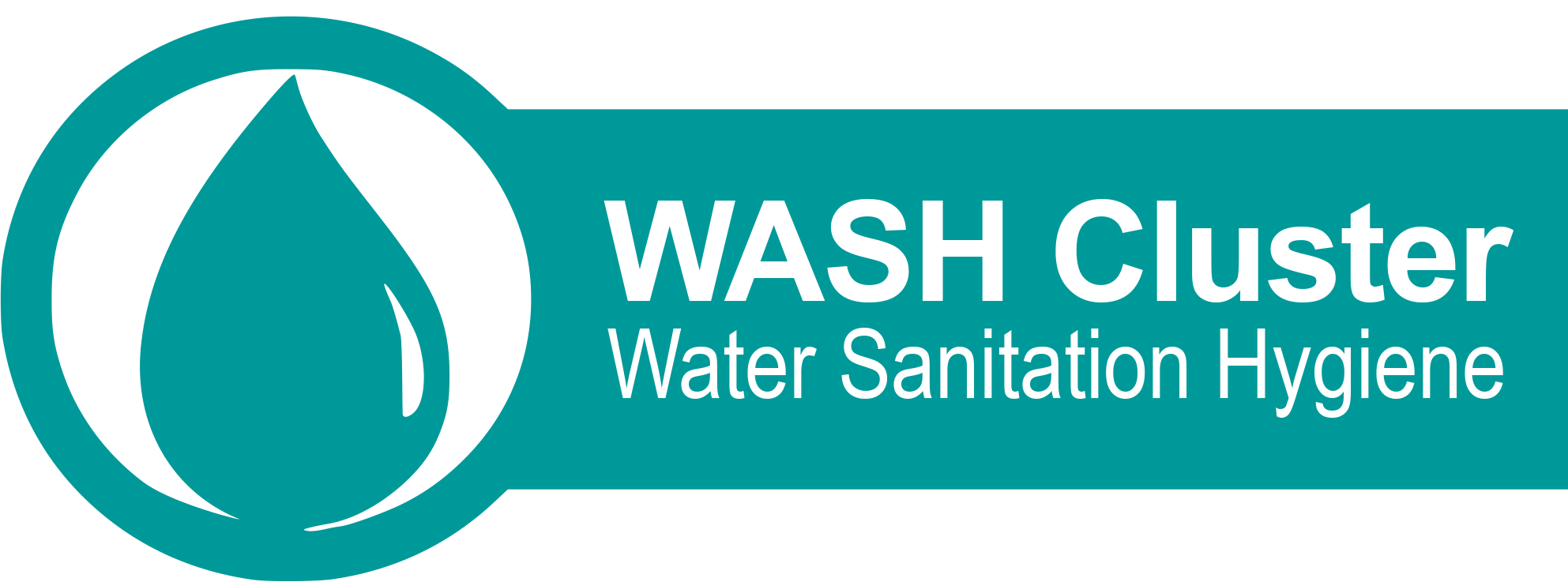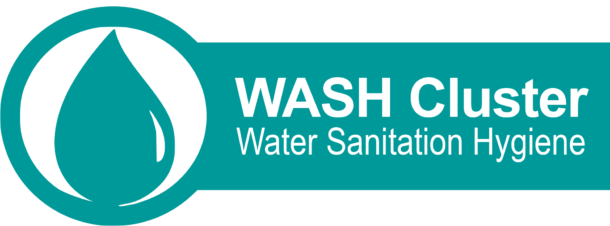Safe Water Optimization Tool: Supporting water safety from the tap to the last cup
Safe Water Optimization Tool: Supporting water safety from the tap to the last cup
Existing water chlorination practice does not always translate into water that is safe at the point of consumption. Available guidance does not take into account the many factors that can affect the rate of FRC decay, and increasing risk of recontamination, after distribution. The SWOT is a web-based tool that uses advanced modelling and machine learning to provide clear, evidence-based and site-specific guidance to enable water supply teams to maintain water safety. It utilises routine FRC monitoring data that can be obtained without additional equipment and with minimal additional workload.
The first version of the tool is online now, free to use and backed by technical and operational support from a team at the Dahdaleh Institute for Global Health Research. To date, it has been used as part of water supply projects in Nigeria, Tanzania and Bangladesh with MSF, UNHCR and NRC. We are looking for opportunities to scale up use of the tool in different responses and to understand from users what improvements they want to see integrated into future versions.
This session will include:
1. Introduction to the tool, why it’s needed and how it works
2. Practical considerations, data collection requirements and a demonstration of the analysis and results
3. Open Q&A
4. Interactive session to identify:
a. improvements, new features and potential use cases for the tool,
b. how the tool fits with or complements existing best practice and how we can improve water quality monitoring as a sector
Presenters
Syed Imran Ali (DIGHR)
Organisation
York University – Dahdaleh Institute for Global Health Research
Useful links / additional materials online (if applicable):
Main webpage: https://www.safeh2o.app/
Web tool page:https://live.safeh2o.app/
Video introduction to the SWOT for practitioners:
Research paper on SWOT numerical modelling analytics: https://doi.org/10.1016/j.watres.2020.116642

